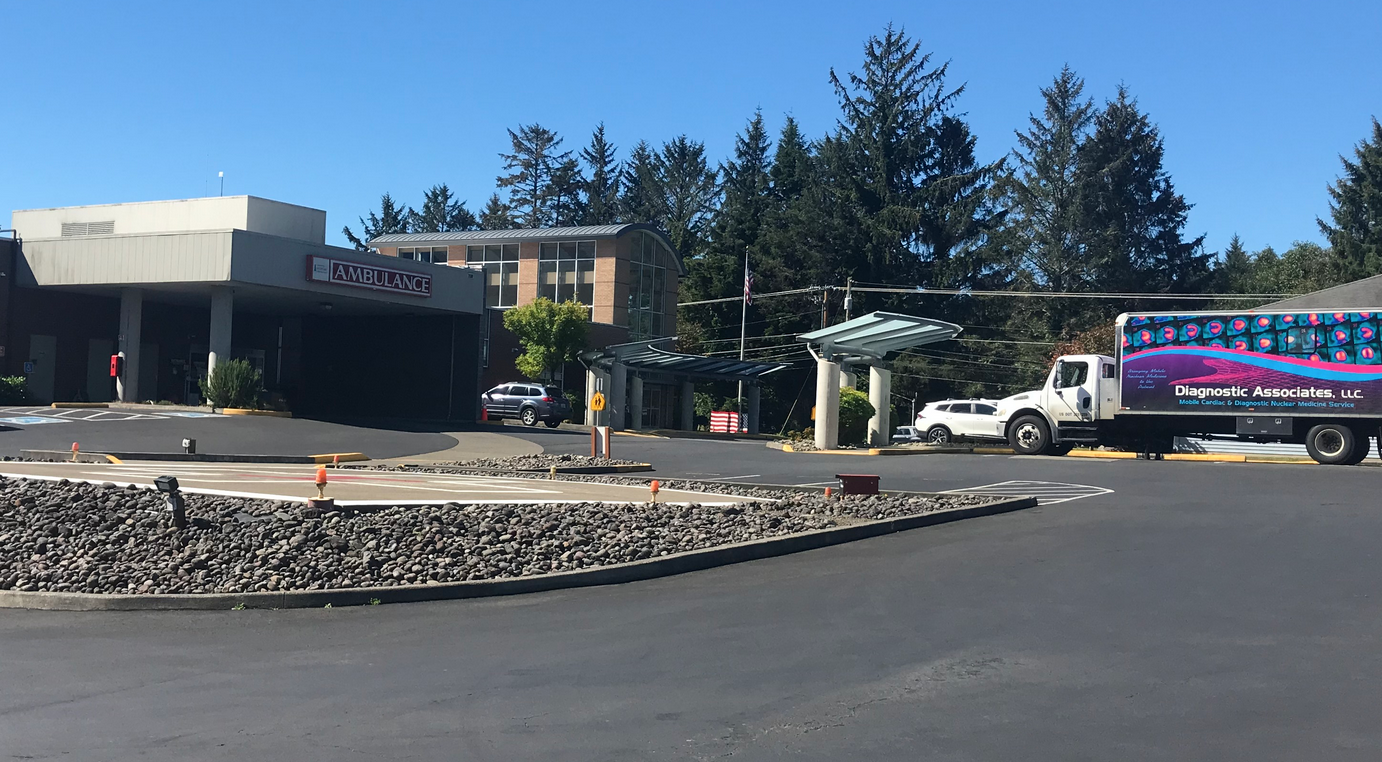Editorial: Help us now — keep people home and make sure rural areas have everything they will need
Published 10:01 am Sunday, March 22, 2020
You know things have gotten bad when places like Long Beach and Seaside tell tourists to stay away.
Trending
They and dozens of other communities along the Pacific Northwest coast began avidly competing for visitors more than a century ago. Marketing efforts have amped up even more as employment in traditional natural resources industries has fallen. Tourism is, and will again be, a linchpin in the coastal economy.
The horribly painful decisions to close down the hospitality industry — putting thousands out of work in our region alone — was the responsible thing to do. Local officials in Pacific and Clatsop counties made the tough call, and did so before Washington and Oregon acted. Keeping tourists and employees at home will enhance the likelihood that normality can resume sooner rather than later.
The state must take steps to help rural residents survive the onslaught. It can do so by keeping people at home, and by providing our coastal counties with the equipment and other forms of aid we must have before this dire situation further deteriorates.
Trending
Coastal vulnerabilities
Over these same recent decades, the seashore counties in Washington and Oregon — in common with coastal areas nationwide — have become home to a disproportionate number of older people. Retiring to the beach is a favorite dream, while long-time residents tend to age in place, while our children often choose to pursue economic and educational opportunities in cities.
When a pandemic comes along, this older population is like dry beach grass on the Fourth of July, vulnerable to any spark.
Though the new coronavirus may eventually catch up to a large share of the human race, Pacific and neighboring Wahkiakum County have been relatively fortunate up through the start of this week. Economic damage is rapidly growing, but as of today, we are among a diminishing minority of Washington counties to remain free of any confirmed infections. This won’t last — and there might already be undiscovered cases — but it’s crucial to hold the line as long as possible.
As we reported last week, Ocean Beach Hospital has one ventilator available to keep a patient alive if they are struggling to breathe — and it isn’t designed for long-term use. Both OBH and Willapa Harbor Hospital in South Bend aren’t configured for caring for critically ill patients suffered from severe respiratory problems. Their job has been to assess and stabilize the seriously ill and get them to urban specialists.
Now, the big hospitals in Portland/Vancouver and around Puget Sound are soon likely to be overloaded caring for patients in their own communities.
Pre-staging additional ventilators here and in other rural areas would save lives, and ought to be a top priority for state and federal agencies. Similarly, it’s crucial that healthcare providers, first responders and pharmacists have all the personal protective equipment they need to avoid infection themselves.
Pre-staging additional ventilators here and in other rural areas would save lives, and ought to be a top priority for state and federal agencies. Similarly, it’s crucial that healthcare providers, first responders and pharmacists have all the personal protective equipment they need to avoid infection themselves. If our trained professionals get sick from want of N95 face masks and other basic items, rural residents will face an even grimmer reality as the new virus burrows into our communities.
Next steps
Painful as the local hospitality shutdown is — and combined with Washington State Parks closure of its enormously popular Cape Disappointment campsites — stronger measures were required at the state level. Pandemic experts note that more stringent steps taken now can avoid untold levels of suffering later on.
Gov. Jay Inslee on Monday fortified up efforts to require people to stay at home, as did Oregon’s governor. These actions were essential. Instead of hinting about relaxing virus-related restrictions, the president should be hardening them nationwide. More “sparks in the dry grass” are the last thing our vulnerable population needs. A national stay-at-home order — applying to all non-essential aspects of daily life — is the next logical step.
Beyond ceasing tourism for the time being, a more nuanced local issue involves the many owners of vacation homes here — upward of half the houses in some neighborhoods. For their own good and that of everyone who lives here full time, they should make a choice of where to reside for at least the next six weeks and then stick to it.
There can be no remaining doubt that the coronavirus emergency is killing dozens of Washingtonians and is getting worse by the day. The state must take steps to help rural residents survive the onslaught. It can do so by keeping people at home, and by providing our coastal counties with the equipment and other forms of aid we must have before this dire situation further deteriorates.
Strengthening the economic and social safety nets — both state and federal — are absolutely mandatory and needed as soon as possible. Stress is going to start killing people, if it hasn’t already.
We must all remember that our grand old USA has survived until now. We’ll get through this. We will welcome visitors again and rejoice in their company once this crisis abates. Until then, let’s stand together and support one another in these shockingly trying times.








